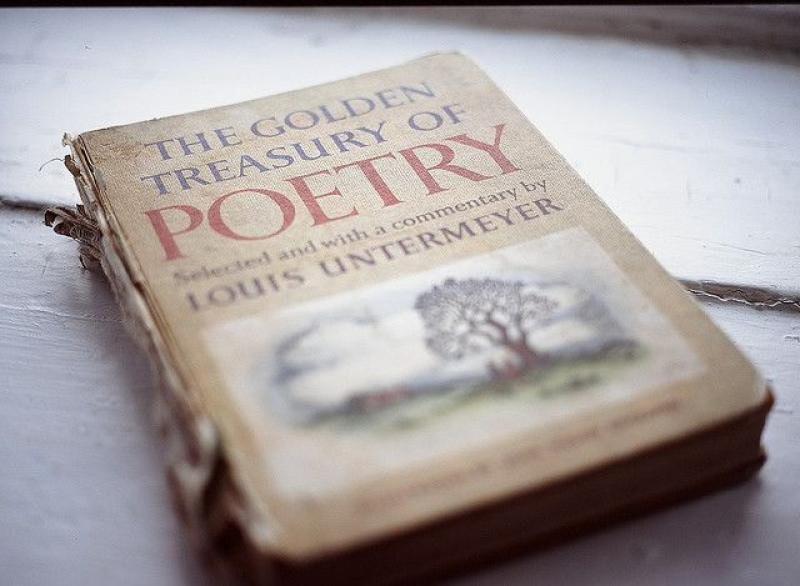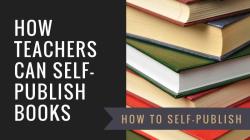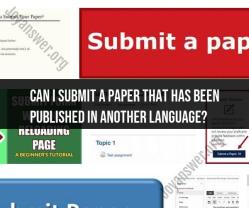Do poetry books sell well?
Poetry books can indeed sell well, but their success is influenced by various factors. Unlike more mainstream genres, the market for poetry is often niche, and sales can be affected by factors such as the poet's reputation, marketing efforts, and the overall appeal of the poetry. Here are some key factors that can influence the success of poetry book sales:
Author's Reputation:
- Established poets with a recognized reputation are more likely to have successful book sales. Poets who have won awards, received critical acclaim, or built a strong following through previous works may have an advantage.
Marketing and Promotion:
- Effective marketing is crucial for poetry books. Authors, whether traditionally published or self-published, need to actively promote their work through social media, book signings, readings, and other promotional activities.
Book Cover Design:
- A visually appealing and well-designed book cover can attract potential readers. The cover is often the first impression, and it should reflect the tone and style of the poetry within.
Target Audience:
- Understanding and reaching the right target audience is essential. Identifying readers who appreciate the themes and style of your poetry can significantly impact sales.
Reviews and Endorsements:
- Positive reviews and endorsements from respected individuals in the literary community can boost the credibility of a poetry book. Encourage readers to leave reviews on platforms like Goodreads and Amazon.
Presence on Social Media:
- Active engagement on social media platforms allows poets to connect with readers, share their work, and build a community. A strong online presence can contribute to increased visibility and sales.
Participation in Literary Events:
- Attending literary events, book fairs, and poetry readings provides an opportunity for authors to connect with their audience, gain exposure, and sell copies of their books.
Unique Themes and Style:
- Poetry books that offer unique perspectives, themes, or innovative styles may stand out in the market. Readers are often drawn to poetry that feels fresh and distinctive.
Word of Mouth:
- Positive word of mouth can have a significant impact on sales. Encourage readers to share their favorite poems, recommend the book to others, and generate buzz within literary communities.
Inclusion in Bookstores and Libraries:
- Availability in bookstores and libraries can increase accessibility and exposure. Authors should explore distribution options to ensure their poetry book is accessible through various channels.
Consistent Output:
- Continuously producing new poetry and staying engaged with readers can help maintain interest in an author's work. Consistency in output can contribute to a loyal readership.
While poetry may not always have the mass appeal of other genres, the passion and connection that readers feel with well-crafted poetry can lead to successful sales. Building a supportive community, leveraging marketing strategies, and consistently producing quality work are key elements in the success of poetry book sales.
Navigating the Verse Market: Understanding Poetry Book Sales
The world of poetry book sales is a unique landscape, marked by both passionate readers and fierce competition. While blockbuster sales figures might be less common compared to mainstream fiction, poetry books still hold a valuable space in the publishing industry. Let's delve into the factors influencing their commercial success:
1. Sales Landscape:
- Modest but Steady: Poetry books generally have lower sales volumes compared to popular fiction, averaging around 1,000-5,000 copies sold in the first year. However, dedicated readerships and positive word-of-mouth can ensure consistent sales over time.
- Digital Growth: E-books and audiobooks are gaining traction in the poetry market, offering wider accessibility and convenience for readers.
- Niche Appeal: Poetry caters to specific tastes and interests, with different genres and themes attracting distinct audiences.
2. Success Factors:
- Critical Acclaim: Positive reviews from established publications and literary figures can significantly boost sales and attract new readers.
- Author Platform and Marketing: A strong online presence, social media engagement, and effective marketing campaigns are crucial for reaching potential readers and generating buzz.
- Awards and Recognition: Winning prestigious awards or being shortlisted for major competitions can bring significant attention and sales.
- Genre and Theme: Some genres, such as contemporary poetry focusing on relatable themes like love, loss, or social issues, tend to have wider appeal.
- Unique Voice and Style: Poets with a distinct and captivating voice can stand out from the crowd and build dedicated followings.
3. Genre Performance:
- Contemporary Poetry: Often performs well due to its relatable themes and accessibility.
- Spoken Word: The rising popularity of spoken word poetry, fueled by live performances and slam competitions, translates into increased book sales.
- Nature Poetry: Enduring themes of connection with nature attract a consistent readership.
- Social Commentary: Poetry addressing social and political issues can resonate with engaged readers seeking powerful voices.
- Experimental Poetry: While potentially having a smaller audience, innovative and challenging forms can attract dedicated fans and critical acclaim.
4. Marketing and Engagement:
- Social Media: Utilize platforms like Instagram, Twitter, and Facebook to share excerpts, engage with readers, and host online events.
- Collaborations: Partner with other poets, artists, or musicians for cross-promotion and reach new audiences.
- Readings and Events: Participate in live readings, open mics, and book festivals to connect with readers and build a community.
- Reviews and Recommendations: Encourage readers to leave reviews on online platforms and recommend your book to others.
- Targeted Advertising: Utilize online advertising platforms like Facebook Ads to reach specific demographics and interests.
5. Enhancing Marketability:
- High-Quality Production: Invest in professional cover design, formatting, and editing to create a visually appealing and error-free book.
- Creative Book Trailers and Videos: Short, engaging video clips can spark interest and showcase the poet's voice and style.
- Bundles and Special Editions: Offer limited edition prints, signed copies, or bundles with merchandise to attract collectors and dedicated fans.
- Community Engagement: Build relationships with bookstores, libraries, and literary organizations to reach potential readers and secure book placements.
- Collaborations with Influencers: Partner with relevant book bloggers, reviewers, or social media influencers to promote your book to their audience.
Remember, the poetry market is a marathon, not a sprint. Consistent effort, creative strategies, and a dedication to connecting with your audience are key to building a successful poetry book career. So, keep writing, keep sharing, and keep your voice heard!






